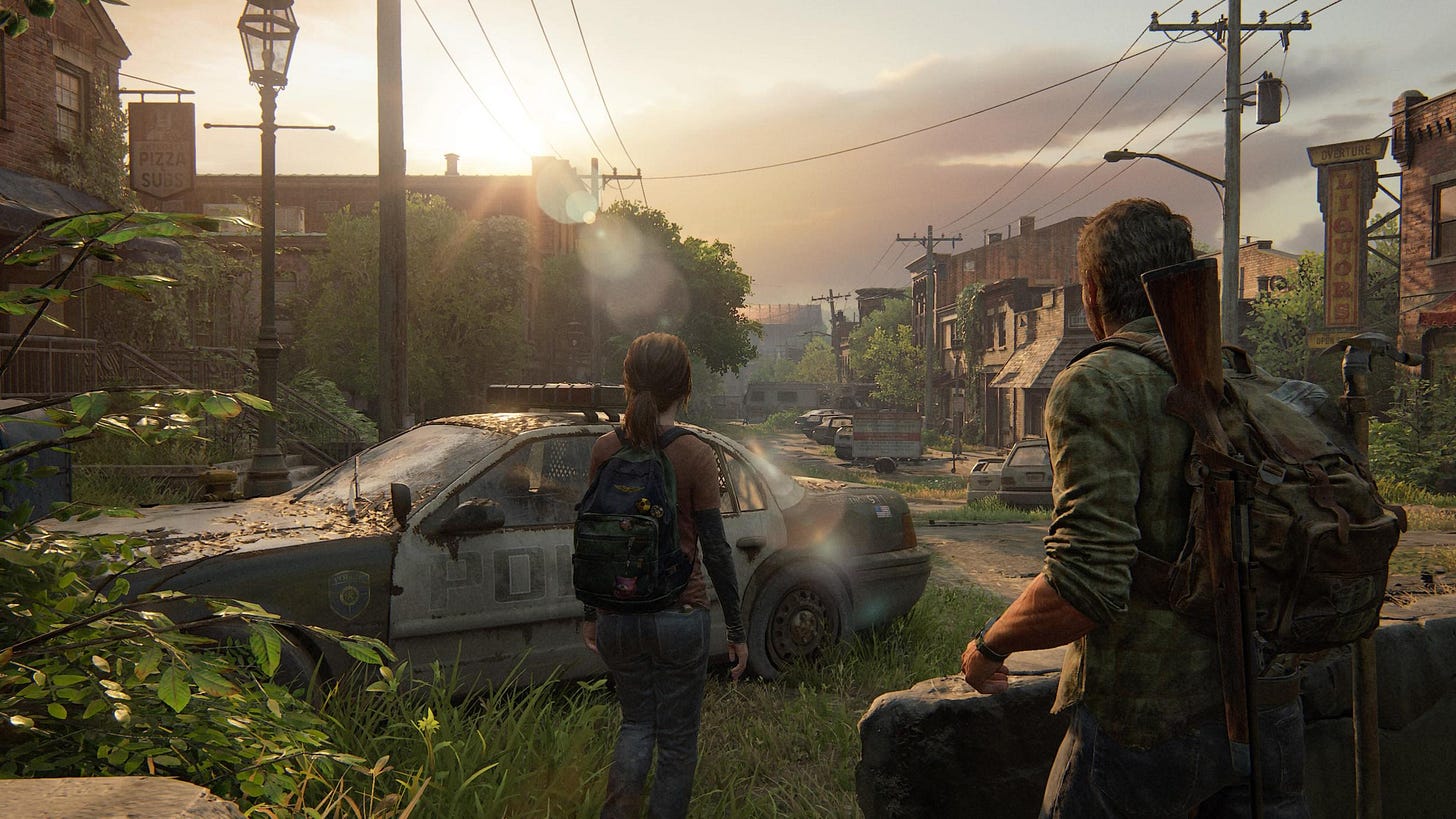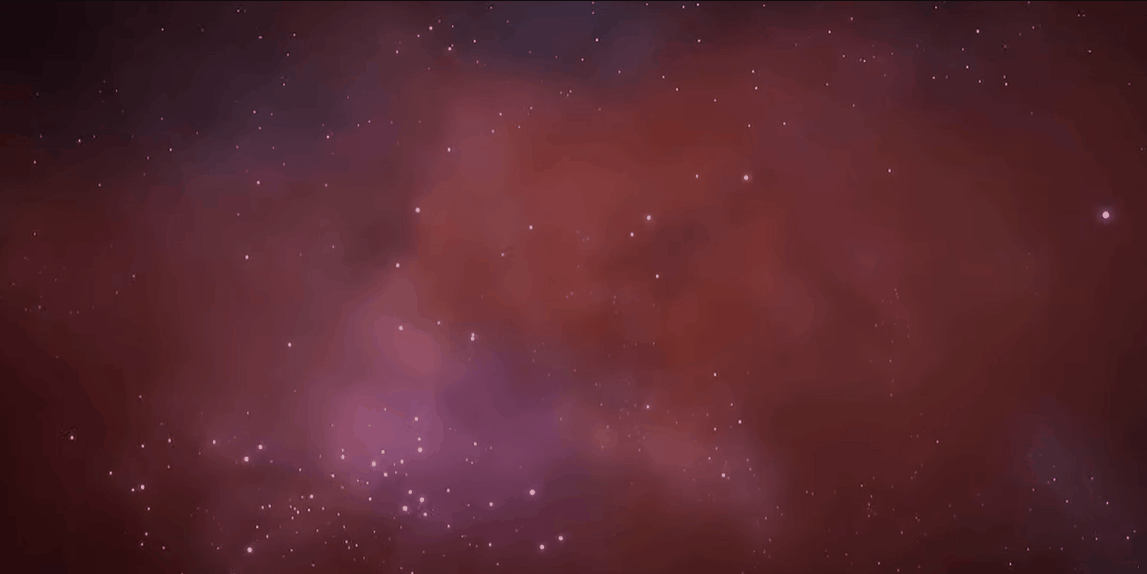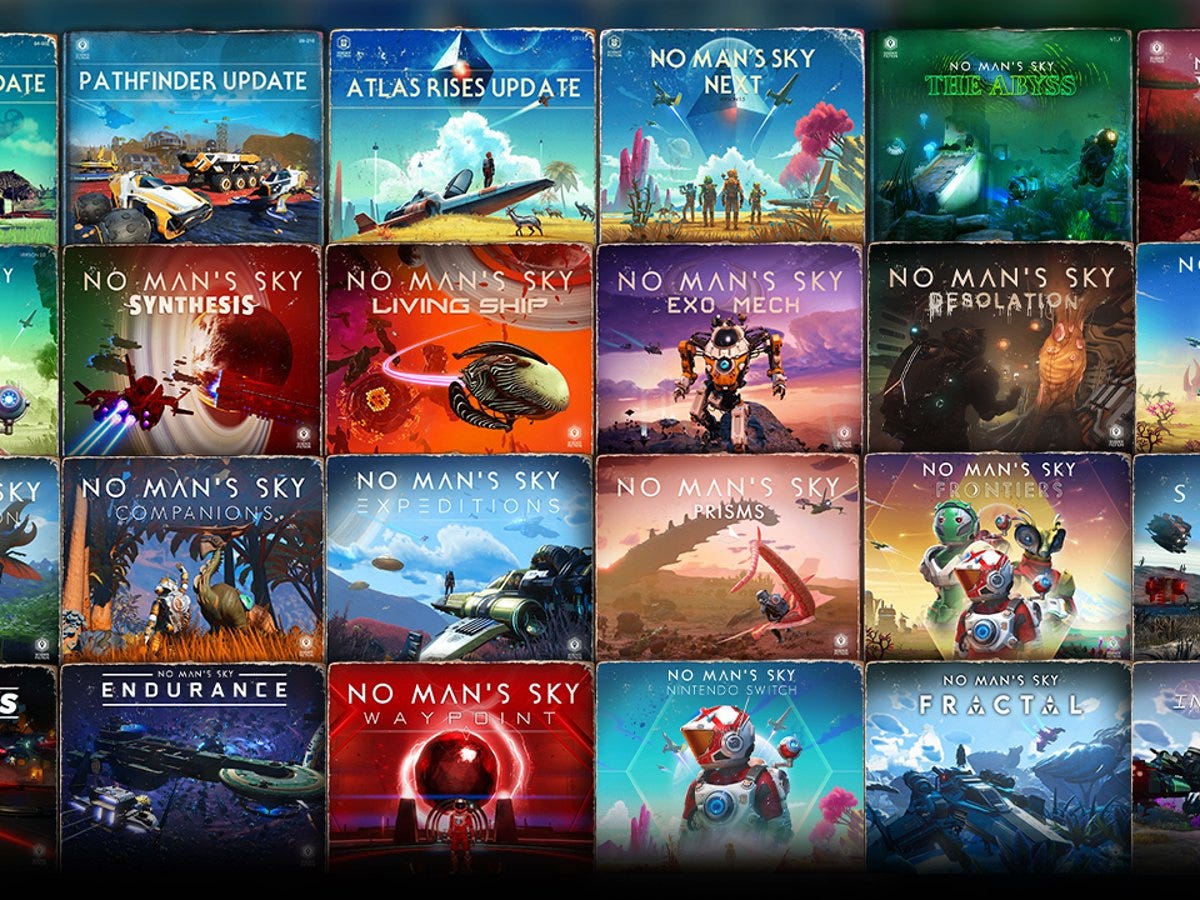Why open worlds don't necessarily make us feel autonomous?
A subtle difference between freedom and autonomy.
Autonomy is one of the psychological needs that video games can fulfill. The trick is that providing freedom isn't enough to do that. Example? What can provide more freedom than a sandbox of the size of a universe? You know the game already, don't you?
You know the game already, don't you?
No Man's Sky is the subject of an already iconic tale about failed expectations (and later redemption). But the catch is that its creators delivered exactly what they promised - boundless exploration of space. Still, players were disappointed. Why?
Players often want to think they want freedom, but in reality, they want to feel autonomous. What's the difference? Freedom means you can go everywhere. To feel autonomous you need to have volition to go anywhere.
"You can procedurally generate 18.4 quintillion unique planets, but you can’t procedurally generate 18.4 quintillion unique things to do" - the quote from @JakeSwearingen's review is a perfect summary of why the size of the world isn't crucial when talking about players autonomy.
NMS's creators provided an impressive number of content updates with new mechanics and activities. It made players' reception better because they could choose between many different actions. The size of the world stayed the same, but it was populated with interesting decisions.
So we have established that size doesn't matter! It means that even more linear games can provide autonomy for players as long as they make players WANT to do things that they are doing. Narration, level art, even lightning or sound effects - they can all contribute to it.

Autonomy is one of the core human needs according to Self-Determination Theory (SDT). Besides competence and relatedness, it's the reason why we're intrinsically motivated to do activities that aren't necessary or obligatory. Like playing games.
This is my 3rd post about needs coming from Self-Determination Theory. In case you missed it, here are two previous ones:
Why do players prefer to fight than help? And how to change it.
Players' behavior often differs from the designer's assumptions. Here comes a story from the development of a highly acclaimed game. Its creators of this game asked themselves: "Can we have an online game where people feel friendly and compassionate towards each other?"
Why people love headshots in video games?
Headshots are probably the most satisfying moment in any session with Call of Duty. Just look at it: Why such actions are the very best moments for the most popular franchise in the most popular genre of video games? Before we deep dive into answers, let's look at






